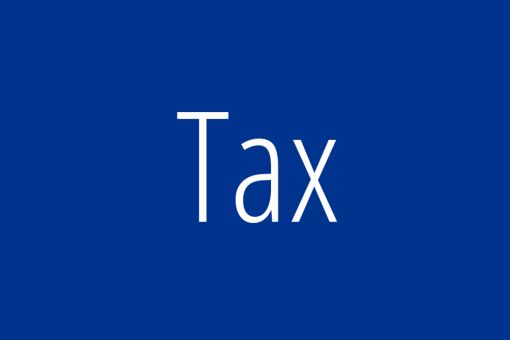Since 2015, companies with 50 or more employees have had a number of whistleblowing obligations. One of the core obligations is to put in place an internal whistleblowing system. However, a survey published in March 2023 by the Whistleblowers Protection Authority ("the Authority") shows that despite significant penalties for breach of this obligation, more than half of employers do not maintain an internal whistleblowing system.
Here are some practical tips on how to ensure that your company has a functioning whistleblowing system in place to avoid fines from the Authority.
Internal whistleblowing system
Implementing an internal whistleblowing system is one of the key whistleblowing obligations for companies with 50 or more employees. The essential attributes of such an internal system include:
- At least one whistleblowing channel available at all times
- Tip: It is recommended to have at least 3-4 whistleblowing channels (methods) set up, e.g. in person, by post (letter), via a mobile whistleblowing app, by email (email address created specifically for this purpose), by anonymous web form, by telephone. Employees should be regularly informed of the available reporting methods.
- Tip: It is recommended to have at least 3-4 whistleblowing channels (methods) set up, e.g. in person, by post (letter), via a mobile whistleblowing app, by email (email address created specifically for this purpose), by anonymous web form, by telephone. Employees should be regularly informed of the available reporting methods.
- Designation of a responsible person
- Tip: The Authority recommends that employers apply the "multiple eyes" principle. In practice, this means that, in addition to the responsible person, the employer should also designate other person/persons who have access to the reports and are involved in the handling of the reports jointly with the responsible person. In this way, the employer will ensure a greater degree of impartiality and timeliness in the handling of reports.
- Tip: The Authority recommends that employers apply the "multiple eyes" principle. In practice, this means that, in addition to the responsible person, the employer should also designate other person/persons who have access to the reports and are involved in the handling of the reports jointly with the responsible person. In this way, the employer will ensure a greater degree of impartiality and timeliness in the handling of reports.
- Adoption of an employer's internal regulation setting out the details of the submission, screening and recording of whistleblowing reports
- Tip: The internal regulation should in particular comply with the following:
- be written in a clear and comprehensible form with a clear definition of the terms related to the whistleblowing,
- refer to the relevant legislation,
- include a detailed description of the whistleblowing procedure, indicating the different channels available,
- include information on the formalities of the whistleblowing reports,
- details on the processing and protection of personal data, the recording of reports and the confidentiality of the identity of the whistleblower, including the possibility of making an anonymous report,
- identification of the responsible person and a description of his/her powers and duties,
- assurances of the inadmissibility of retaliatory measures,
- information on the possibility of contacting the Authority or, where appropriate, trade unions, labour inspectorates and law firms.
- Tip: The internal regulation should in particular comply with the following:
The currently effective Whistleblower Protection Act allows for a fine of up to EUR 20,000 to be imposed for failure to implement a proper internal whistleblowing system.
Authors
Milina Schifferdeckerová
Senior Manager, Legal
Martina Blažová
Junior Consultant, Legal
A forthcoming amendment to the Act, expected to come into force in the third quarter of 2023, provides for an increase in the penalties for non-compliance with the above obligation up to EUR 50,000 for employers with less than 250 employees and up to EUR 100,000 for employers with at least 250 employees. In the event of repeated breaches of the obligation, the Authority may increase the above penalties up to twice as much.
When mapping the whistleblowing reporting, the Authority found that up to 44% of Slovak enterprises subject to the obligation do not have reporting mechanisms in place at all, and only 40% of enterprises have an internal reporting system that meets all three essential attributes. Their most common shortcoming is the absence of an internal regulation.
If you employ at least 50 employees and are unsure about the legality and functionality of your company's whistleblowing system, please do not hesitate to contact us.
Our services will ensure high-quality implementation of the legal requirements so that your company meets the legal requirements of a functional whistleblowing system, including a high-quality internal regulation on the reporting.
Contact us
Should you wish more information on how we can help your business or to arrange a meeting for personal presentation of our services, please contact us.








